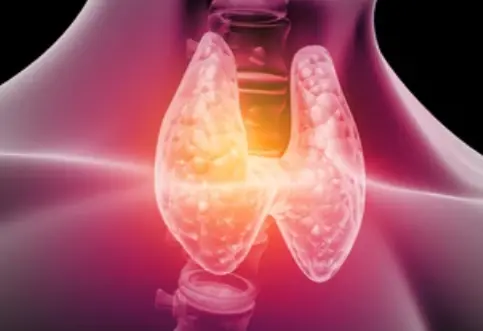 Welcome
Welcome
“May all be happy, may all be healed, may all be at peace and may no one ever suffer."
Tension - Generics
Tension can refer to both a physical and psychological state. Physically, tension refers to the state of being stretched or strained, often in the muscles or other tissues of the body. This can result from physical activity, poor posture, or other factors.
Psychologically, tension refers to a state of mental or emotional strain, often resulting from stress, anxiety, or other factors. This can manifest as feelings of worry, nervousness, irritability, or other symptoms. Chronic tension can lead to a variety of health problems, such as headaches, high blood pressure, and muscle pain.
Treatment for tension may depend on the underlying cause and may include a combination of lifestyle changes, such as exercise, stress management techniques like deep breathing or meditation, and counseling or therapy to address underlying psychological factors. Medications, such as muscle relaxants or antidepressants, may also be used to help manage symptoms.
Prevention of tension can be achieved through stress management techniques such as regular exercise, relaxation techniques, and maintaining a healthy lifestyle. It is also important to practice good posture and ergonomics, especially if you have a job that involves long hours of sitting or standing. Seeking help early if you are experiencing symptoms of tension can help to prevent the development of chronic problems.

Iritis

Functional dyspepsia

Thyroid carcinoma

Atopic or contact dermato...

Pyogenic & seborrhoeic de...

TSH suppression

Lung carcinoma

Absence seizures
Tension, চিন্তা
To be happy, beautiful, healthy, wealthy, hale and long-lived stay with DM3S.